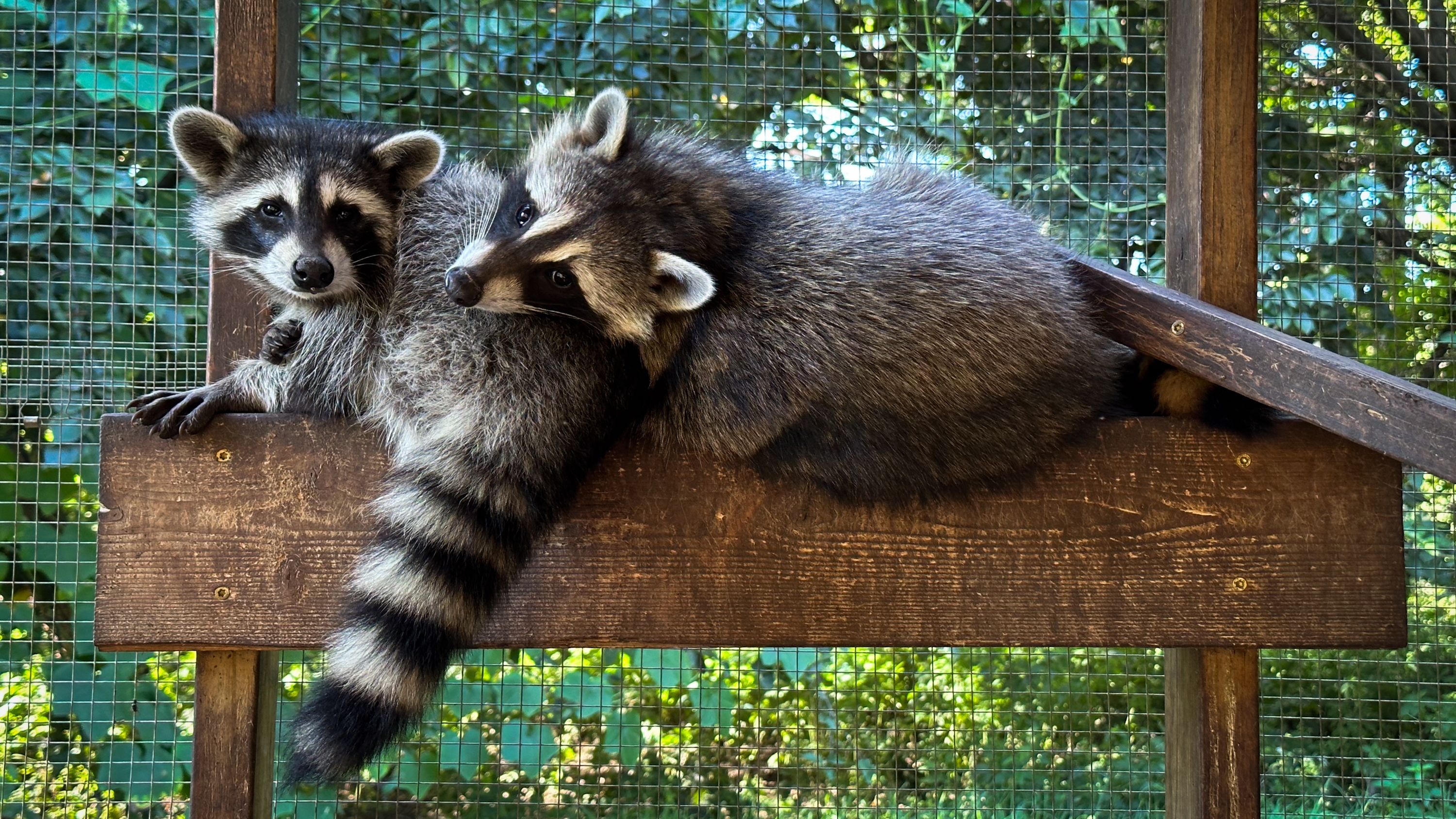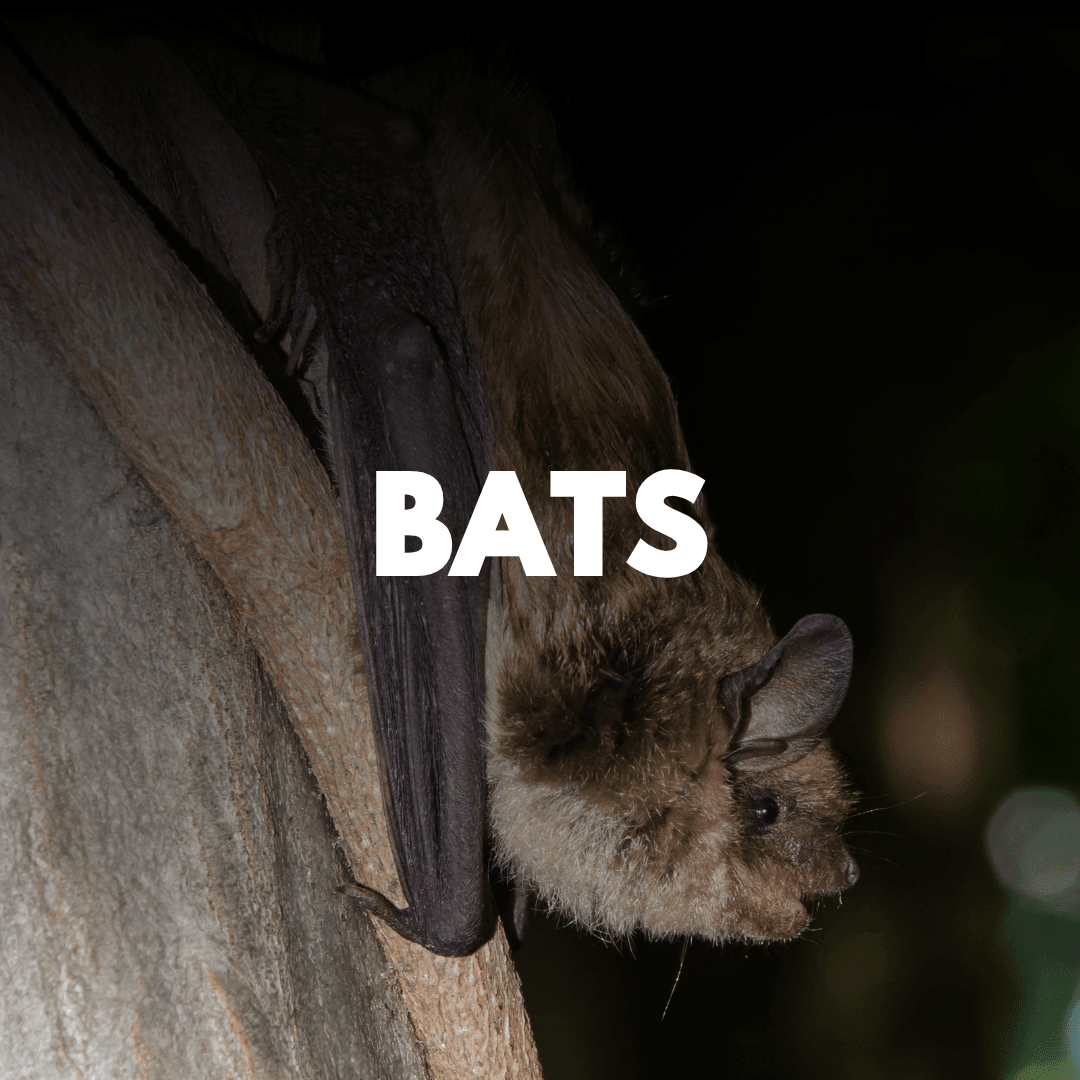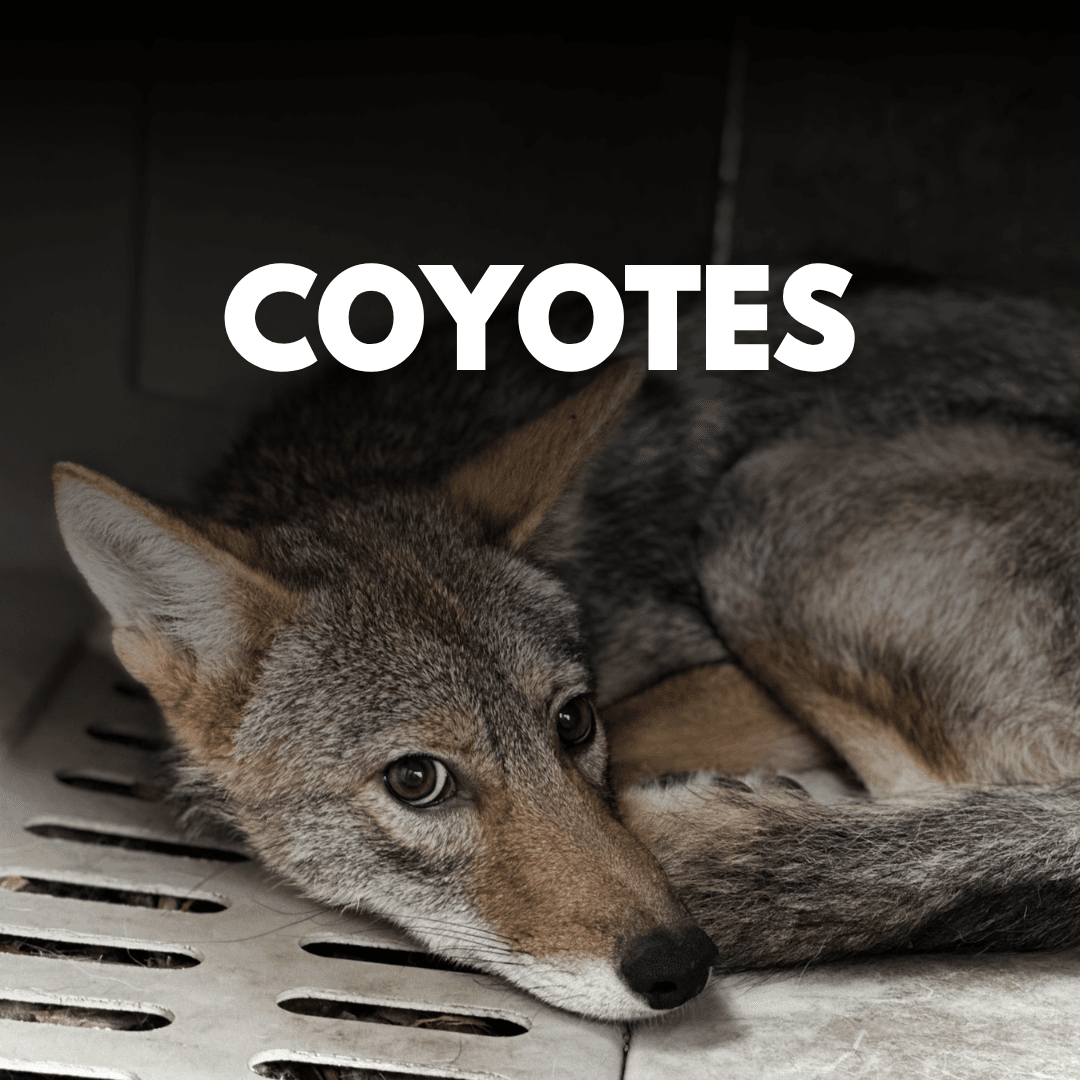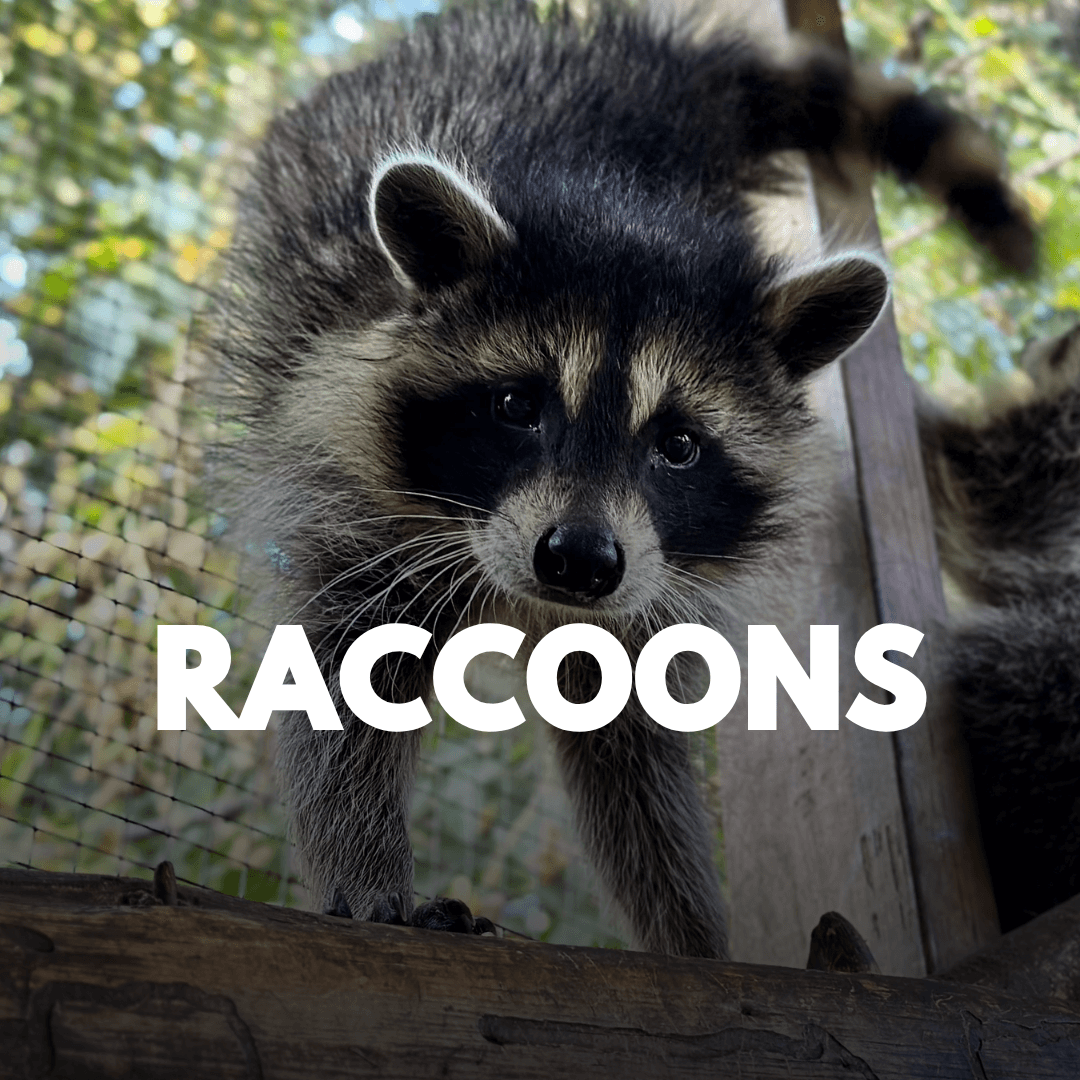For human-wildlife conflict, live-trapping and relocating is NOT the humane solution. Studies show that wildlife depend on their home territories for survival and during spring and summer you will likely be separating a mother from her babies leaving them to starve. This is a very cruel consequence of trapping wildlife. It's a tough life for wildlife. Please remember that, and have compassion when they cause you some inconvenience in their simple efforts to survive.
PLEASE NOTE: If you hire a nuisance wildlife control operator the most likely outcome for the animals they trap is death. In Nebraska, the only two legal options they have are to either release the animal within 100 yards or to kill it. They CANNOT relocate the animal. Please save your money and help keep baby animals from being orphaned or killed and follow the steps on these pages or contact us and we will assist you to humanely exclude the animals from your home.
In the state of Nebraska, it is also illegal to trap and relocate a wild animal more than 100 yards from its original location. This means that you may only move an animal the length of a football field, and it will likely return in a short period of time.
Studies have shown that a large number of relocated adult animals will die very soon after relocation. They may be unable to find appropriate food, water or shelter in their new habitat, they may be killed by predators, or run out of a territory already overwhelmed with wildlife. Please see the pages in this section that deal with specific species and solutions for additional assistance.















